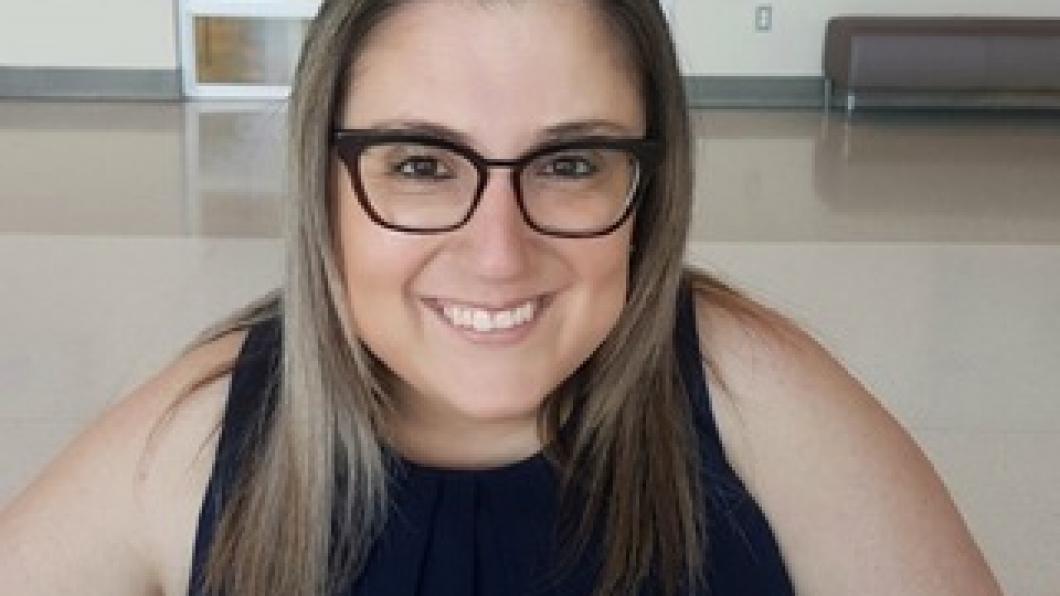
Let's talk about sex and disability
When it comes to “the talk,” it’s never that easy. But for parents of youth with disabilities, discussing sexuality, gender identity, and intimacy can prove to be even more difficult.
And it’s something Gabriella saw all too often as a social worker.
Having previously worked at Holland Bloorview’s LIFESpan clinic and The Independence Program, she noticed that parents were often unsure about how to approach the subject.
“Not only do youth need support, but parents and caregivers need to know how to create a supportive environment for their youth so they can express themselves,” she says.
Although their experiences may be different, youth with disabilities often have the same questions as their peers when it comes to sexuality. That’s why Gabriella and her colleagues created a sexuality workshop series.
The Sexuality, Gender Identity and Intimacy Workshop Series was funded 100% by donors, through the No Boundaries Fund. Launched in 2017, the No Boundaries Fund was created to help staff receive up to $5,000 to help find solutions, pilot new ideas, and help reduce the barriers for kids and youth with disabilities.
For Gabriella and her colleagues, that meant finding a way to facilitate conversations and to help families figure out where to start.
“When we were planning the workshop, we knew that parents were apprehensive about this topic,” she says. “I wanted parents to feel comfortable asking their questions and to find out where to look for credible answers to their questions.”
And when it came to questions, Gabriella noticed that youth and their parents often had very different concerns. Throughout the workshops, parents often focused on safety, while youth wanted advice on asking someone out or forming intimate relationships.
“For any youth, it can be hard to explore your own identity. Sometimes, when you have a disability, there’s less space for that,” says Gabriella. “I wanted the families to understand that this is something you should make space for.”
And, while working with Holland Bloorview’s Youth Advisory Council (YAC) to develop the workshops, Gabriella realized that the experiences of LGBTQ+ people with disabilities often went unheard.
“A lot of the youth talked about how their family felt like they can't possibly be disabled and gay or disabled and transgender, but it’s important to realize that we all have intersectional identities,” says Gabriella.
To-date the team has hosted four workshops, two for youth and two for their parents, with topics that covered everything from healthy relationships to the proper terms for parts of the body. And, thanks to feedback from the YAC, these workshops ensure they provide resources and support for parents and youth in the LGBTQ+ community.
As a parent to a young adult with a disability, Joanne Downing, who is one of the hospital’s Family Leaders and co-developed the workshop series, adds that she knows how important the topic of sex can be for families.
“This experience opened my eyes to the world as my son sees it. He is no longer a child and his concerns must be addressed as an adult,” adds Joanne.
“With support, I hope that he has the correct information, is safe and can make good choices.”
Since the first workshop over a year ago, the series has helped clients and families at Holland Bloorview feel better prepared for “the talk.” In the future, Gabriella also plans to hold educational sessions for Holland Bloorview clinicians and staff adapted from these workshops.